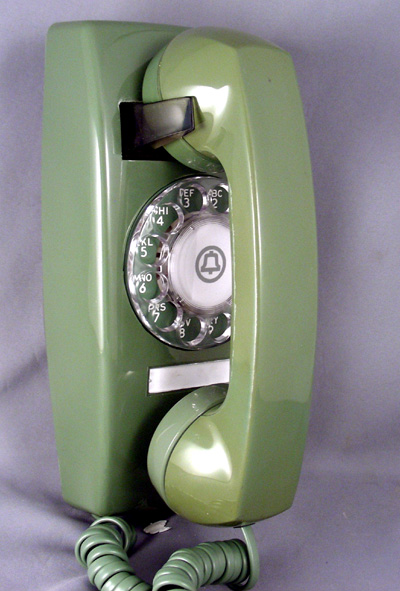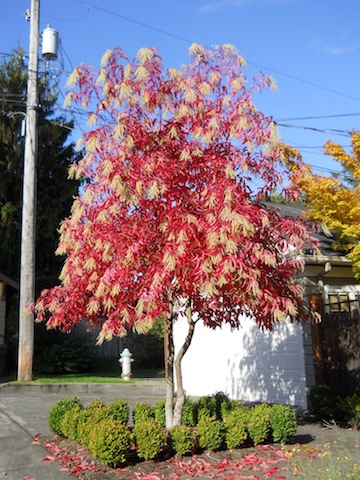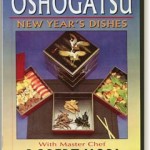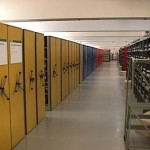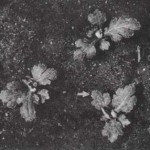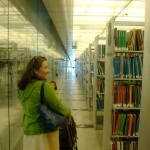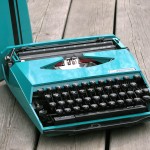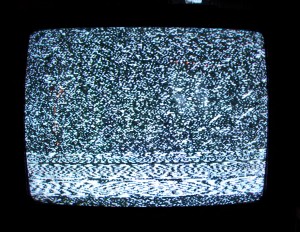 This month I have been thinking about what it takes for something, or someone, to become legible: clear enough to read.
This month I have been thinking about what it takes for something, or someone, to become legible: clear enough to read.
And in thinking about legibility, I thought about grad school. In my first quarter, I had a grad professor whose unenviable job it was to teach us literary theory. We began in summer, actually, with one thousand pages of required reading from a textbook with fragile Bible-paper-thin pages. All this before we started the fall quarter. I think it was a tough class because I was so resistant to the ideas, but also because I was so incredibly resistant to the writing in the course readings.
Literary theory, which we could define very simply for now as a lens (or set of lenses) to read the text, can be painfully dense sometimes. My grad class was not my first class in literary theory, I’m ashamed to say. I say “ashamed” because it was the first theory class that actually “took,” where I actually decided to learn and absorb the material.
I’d taken a theory class during my senior year of college, but (perhaps I shouldn’t admit this?) refused to read very much. One of the biggest obstacles in literary theory—ideas which are supposed to illuminate the very texts they are discussing—is the density of the language. In fact, literary theory felt so dense that it felt like white noise, that raspy shower of ashes that used to come up when televisions still had antennae, before they went digital. When I used to start reading literary theory by someone with particularly difficult writing, my brain would just tune the words out like white noise, or maybe the spaces between radio stations. Take this sentence by the philosopher Jacques Derrida:
“To grasp the operation of creative imagination at the greatest possible proximity to it, one must turn oneself toward the invisible interior of poetic freedom.”
When I would read literary theory, especially by someone like Derrida, it felt something like when you are learning a foreign language and you only know a few basic phrases:
“To grasp the EEEEEE ERRRRRH at the AHHHHH to it, one must ERRRRRRH….”
And so on. It felt like paragraphs and paragraphs and chapters of white noise.
It was enough to make me throw the book against the wall, several times. It was as though some part of my brain decided to shut down deliberately whenever I’d try to read. “What? WHAT? WHAAAAT?” my brain would shout at the text, and I’d give up. Really. I’d reread, and reread, and fight the text the entire way. I really thought that the writers were doing it on purpose, and this really pissed me off.
So in my grad class, one of my professors gave me an interesting lesson in reading comprehension. He suggested that if we were struggling with a writer’s prose, we should take a page of their writing and write it out. We could handwrite it, he said, or retype it. But he wanted us to rewrite that person’s writing in order to understand them better. Only when we’d traveled the same path of commas and compound clauses and conjunctive phrases could we begin to understand how that person was thinking.
As I’ve been transcribing my dad’s diary (really, a diary of five years!), my professor’s lesson in legibility has returned. It’s one of those very old diaries with five years, a page per day, but organized only by the day rather than the year. Each page contains 5 years of the same date: five years of January 11th, on the same page. As a narrative, it makes no sense if you read one entire page and then move to the next. And my dad’s handwriting is so small because the spaces for each entry are so small. Tweet-sized, if you will. So until now, I haven’t actually sat down and read through the entire diary. Instead, as Josh suggested, I’ve been transcribing it.
This means that I’ve been writing my father’s diary in order to read it.
(Unless you’re a historian, how often do you read a long piece of text by writing it out first?)
It’s an amazing experience, an exercise in writerly empathy. And of course, it’s a metaphor for the entire book I’m writing: it makes me wonder what it takes for my father to become legible again. I’ll be taking the next post or two to talk about it.
Thanks to everyone who responded here and privately to the last post. It was very hard to write, and terrifying, but I’m feeling how necessary it was in the book-writing process.

